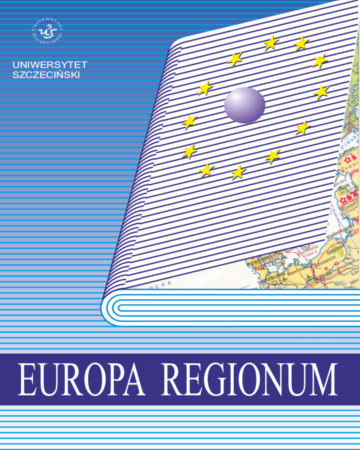Potencjał bioklimatyczny polskiego wybrzeża Bałtyku w letnim sezonie turystycznym
Bioclimatic potential of the Polish coast of the Baltic Sea in the summer tourist season
Author(s): Agnieszka Mąkosza, Czesław Koźmiński, Bożena MichalskaSubject(s): Economy, Geography, Regional studies, Energy and Environmental Studies, Tourism
Published by: Wydawnictwo Naukowe Uniwersytetu Szczecińskiego
Summary/Abstract: Tourism on the Polish coast of the Baltic Sea is characterised by high seasonality and is at its highest during the warm half of the year, particularly in the holiday period. Bioclimatic conditions are shaped by the Baltic Sea and the characteristic feature of temperate latitudes, mat is high variability of weather conditions. The bioclimatic potential is determined by all optimal environmental conditions for human comfort - weather conditions in particular, which contribute to an increase in recreation and leisure activities. The research material of this study consists of hourly values of air temperature, relative humidity, wind speed and cloud cover recorded in June, July and August of the period of 2000—2013 in б meteorological stations located along the coast line: Świnoujście. Koszalin, Ustka, Leba. Hel and Gdansk. LTC'I (Universal Thermal Climate Index) values referring to the heat load were calculated with the use BioKlima Software ver. 2.6. The results allowed for determination of periods of comfort conditions winch constitute bioclimatic potential of the coast. Using the calculated UTCI values and the results of the impact assessment of individual meteorological conditions on human, the present analysis shows spatial variability in the frequency and number of days with comfort conditiciis between the eastern and western part of the Polish Baltic Sea coast. Lack of heat load and thermal comfort calculated according to UTCL was recorded with the highest frequency on the coast in Swinoujscie. Hel and Koszalin. The lowest values of UTCL in the range of 9—26°C (lack of heat load) were calculated for Ustka. Additionally, moderate cold stress was recorded during the 24-hour period in Ustka and Leba. whereas in other localities such conditions were reported only in the evening and night. It was found that on the Polish Baltic Sea coast, the period of late July and early August is characterised by the highest frequency of optimal conditions winch do not cause thermal stress.
Journal: Europa Regionum
- Issue Year: 2015
- Issue No: 23
- Page Range: 55-66
- Page Count: 12
- Language: Polish

